It’s a scene all too familiar: you’re sitting on the couch, scrolling through your phone, feeling the sting of a hard rejection. Maybe it’s the job you wanted, the date that didn’t call back, or the friend who drifted away. Rejection is part of life, but humans often stew in it, letting it gnaw at the edges of self-worth. Animals, on the other hand, have a knack for bouncing back. They don’t overthink; they adapt, move forward, and embody resilience in a way that feels almost enviable. Here are 13 ways animals handle rejection better than you do.
1. Dolphins: Laugh It Off
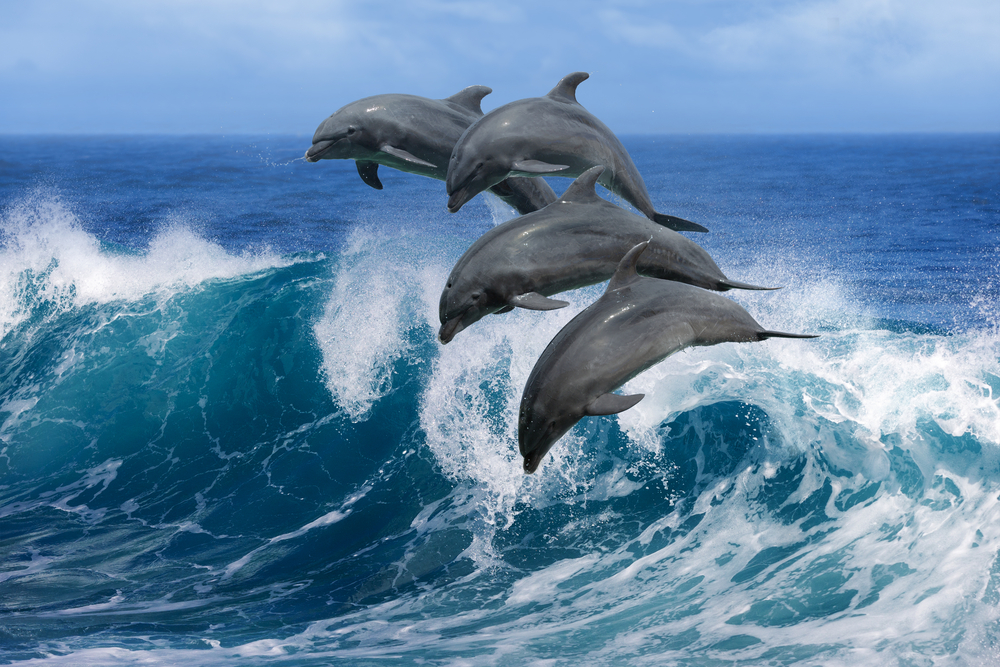
Dolphins are known for their playful nature, and they apply this attitude even when facing rejection. When a member of the pod is not interested in play or social interaction, dolphins simply swim away and find another playmate, exemplifying a remarkable ability to let go and move on. According to Dr. Denise Herzing, a marine biologist, dolphins demonstrate social complexity that rivals primates, often using humor as a way to diffuse tension. Perhaps it’s worth taking a cue from them: sometimes, a little laughter and finding a new focus can ease the sting of being turned down.
Humans, on the other hand, tend to overanalyze and replay the scenario in their minds, amplifying the discomfort. Rejection becomes a personal reflection, rather than just an interaction that didn’t pan out. By embracing the dolphin’s playful pivot, you can learn to switch your attention to what brings joy, instead of what brings you down. After all, sometimes the best response to rejection is to simply laugh it off and swim onward.
2. Wolves: Strength In Numbers
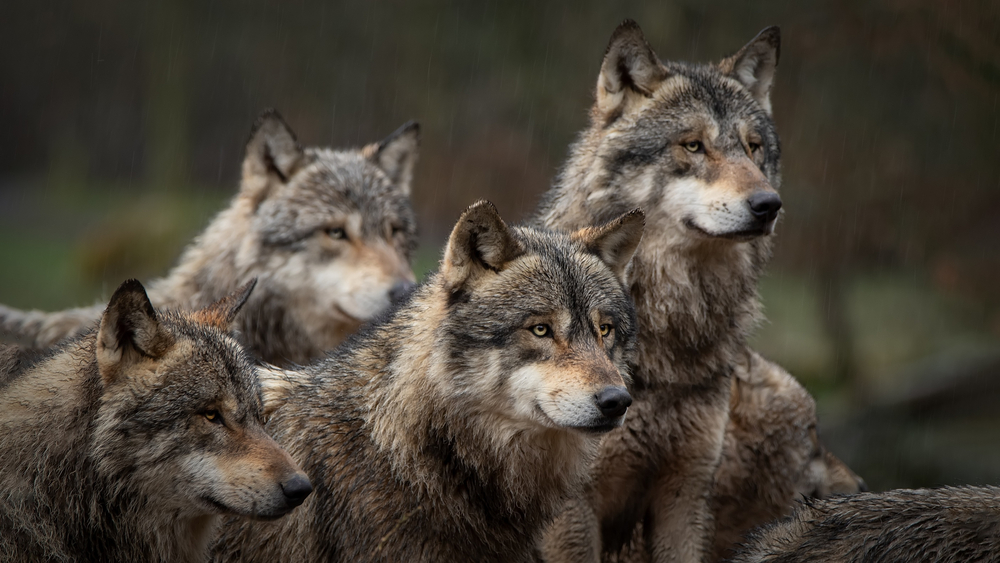
Wolves thrive in packs, and their strength is in their unity. When a wolf faces rejection within the pack, it doesn’t wallow in solitude. Instead, it finds support within the group, reinforcing the idea that community is paramount. Wolves understand that they are part of something larger than themselves, and this social framework provides the emotional buffer needed to handle setbacks.
In human terms, this means leaning into your social network when rejection strikes. Reach out to friends and family who uplift you, rather than isolating yourself. Connection acts as a salve to the wound, reminding you that you are not alone in your experiences. In a world that often feels solitary, find your pack and let them remind you of your true worth.
3. Elephants: Remember, But Move On
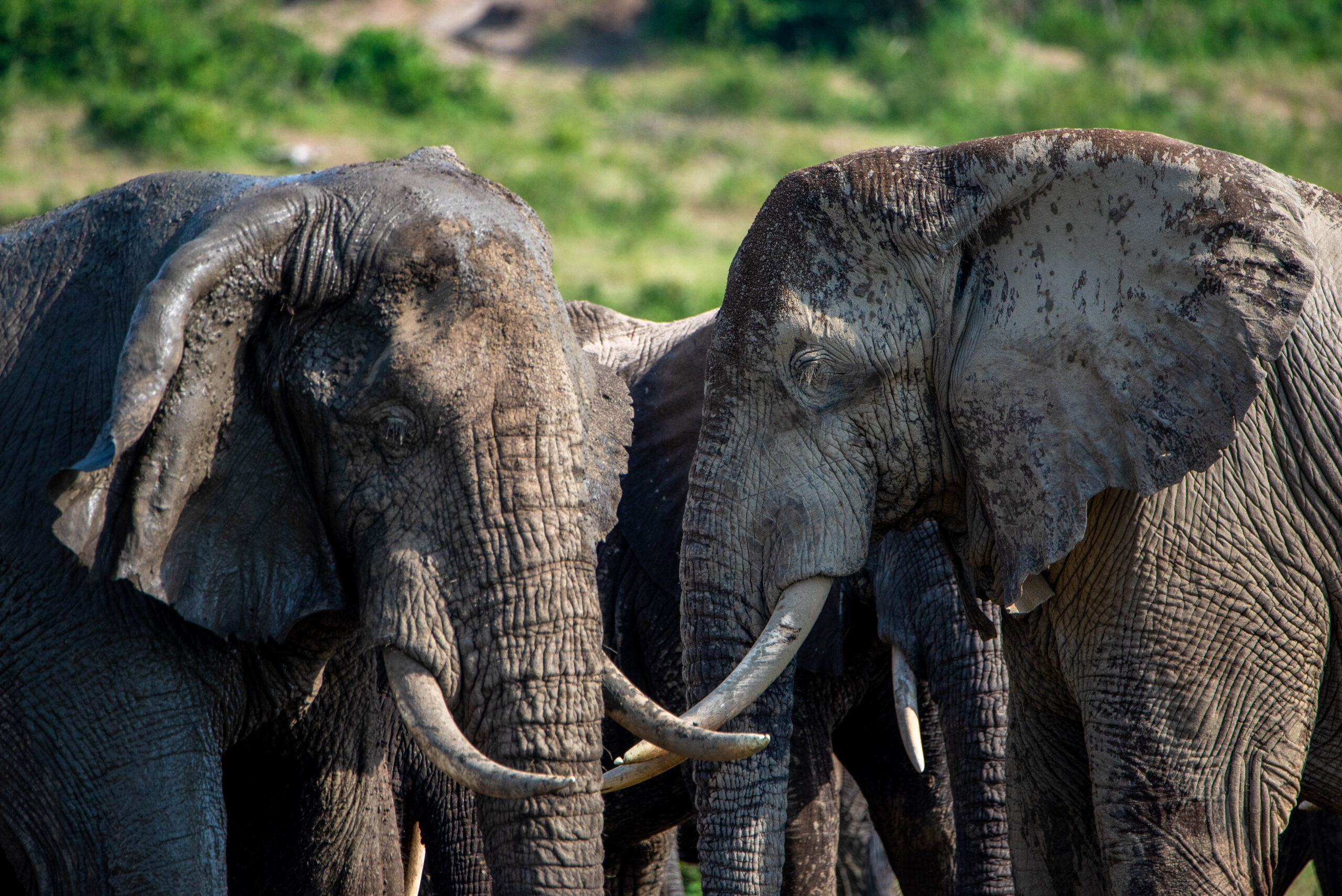
Elephants are renowned for their incredible memories, an attribute that extends to their social dynamics. When faced with rejection, elephants don’t forget, but they don’t dwell either. They acknowledge and remember the experience, using it as a lesson rather than a burden. Dr. Joyce Poole, an expert in elephant behavior, notes that elephants use their memories to navigate future interactions more wisely, demonstrating an aptitude for reflection without ruminating.
Humans can learn from this blend of remembrance and release. It’s about integrating the lessons of rejection into your life narrative while refusing to let it define you. Remember what happened, but also remember to move forward, wiser and more resilient. Embrace the idea that history is a teacher, not a trap.
4. Cats: Independence Rules
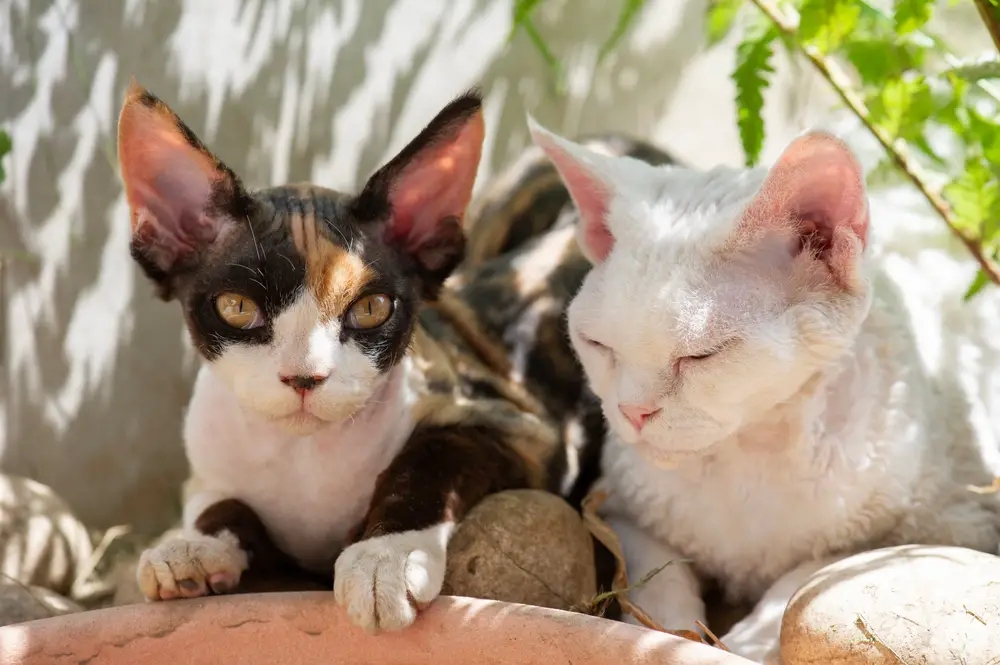
Cats are famously independent creatures, and they apply this autonomy to dealing with rejection. When a cat is rebuffed, it simply saunters off with an air of indifference, as if to say, “I’m fine on my own.” This self-reliance is a powerful tool against the sting of rejection, as it underscores the importance of self-validation.
For humans, tapping into this feline confidence can transform how rejection is perceived. It’s about knowing your worth and not needing external approval to affirm it. In a world that often demands conformity, channel your inner cat and embrace the independence that comes with self-acceptance. You may find that the less you need others’ validation, the more fulfilling life becomes.
5. Birds: Change Of Perspective

Birds, especially migratory ones, have a unique way of dealing with changing circumstances, including rejection. They simply take to the sky, gaining altitude to view the world from a broader perspective. This shift allows them to see beyond immediate obstacles and rejection, focusing instead on the vast opportunities that lie ahead. A study published in “Nature Communications” highlights how birds’ navigational skills are tied to their ability to adapt and change direction as needed, showcasing a resilience you can learn from.
Humans often fixate on the immediate consequence of rejection, losing sight of the bigger picture. By adopting the bird’s eye view, you allow yourself to see the broader spectrum of possibilities. Rejection is not the end; it’s merely a signpost pointing you toward new horizons. So take a deep breath, rise above, and let a fresh perspective guide you forward.
6. Dogs: Loyalty To Themselves

Dogs are known for their loyalty, but what’s often overlooked is their intrinsic loyalty to themselves. When faced with rejection, dogs may feel the sting briefly but soon return to their playful and loving nature. This self-loyalty ensures they remain true to who they are, despite external judgments.
For humans, cultivating this kind of self-loyalty means staying grounded in your values and character, even when others don’t see your worth. Rejection doesn’t alter who you are; it’s merely a momentary experience. By staying true to yourself, you reinforce an internal foundation that can withstand outside opinions and setbacks. In a society that often encourages you to seek validation externally, embrace the dog’s unwavering belief in itself.
7. Octopuses: Adapt And Transform
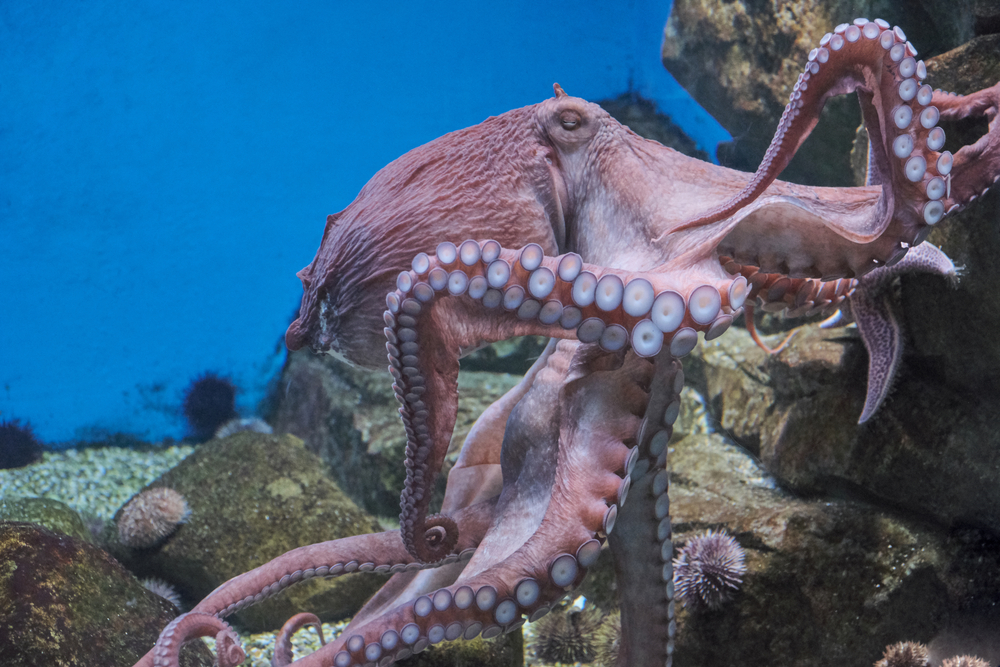
Octopuses are masters of adaptation, capable of changing their color and texture to blend into their surroundings. When faced with danger or rejection, an octopus doesn’t freeze; it transforms. This ability to adapt and camouflage is a testament to the power of flexibility and resilience. According to marine biologist Dr. Jennifer Mather, octopuses use these skills to navigate complex environments, constantly adjusting their behavior to suit new challenges.
In the human realm, rejection can be an opportunity for transformation rather than defeat. Adapting to change, finding new paths, and reshaping your approach are all ways to turn rejection into growth. Embrace the octopus’s fluidity and let each rejection be a catalyst for personal evolution, rather than a reason to retreat.
8. Chimpanzees: Emotional intelligence
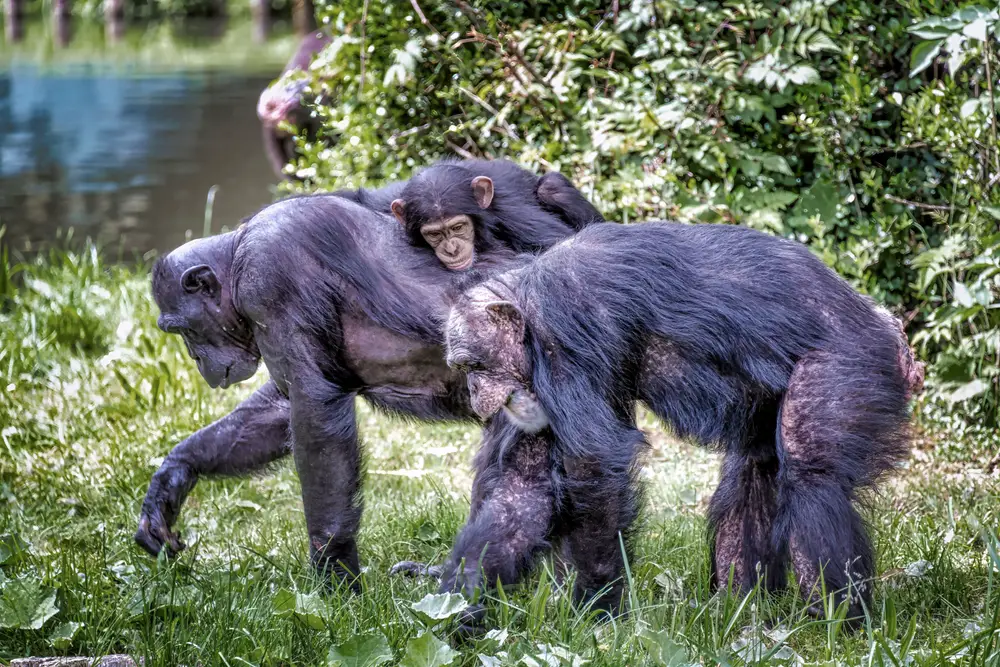
Chimpanzees are highly emotional beings, with intricate social structures and relationships. When faced with rejection, they don’t suppress their feelings; they express them and then move on. This display of emotional intelligence allows them to process their emotions and maintain social harmony, a balance that many humans struggle to achieve.
To handle rejection like a chimpanzee, it’s important to acknowledge your emotions without letting them consume you. Feel the disappointment, express it in a healthy way, and then let it go. Emotional intelligence is less about not feeling hurt and more about navigating those feelings with grace. By practicing this, you can maintain your emotional equilibrium in the face of rejection.
9. Turtles: Slow And Steady

Turtles are the epitome of patience, taking their time to navigate the world. When faced with rejection, they don’t rush to recover; instead, they persist at their own pace. This slow and steady approach allows turtles to maintain their course without becoming overwhelmed by setbacks.
For humans, emulating a turtle’s patience can be a powerful tool in managing rejection. It’s about understanding that healing and moving forward is not a race, but a journey. By taking small, deliberate steps, you can progress toward your goals without the pressure of immediate resolution. Remember, progress is not always visible, but it is always happening.
10. Horses: Trust The Process
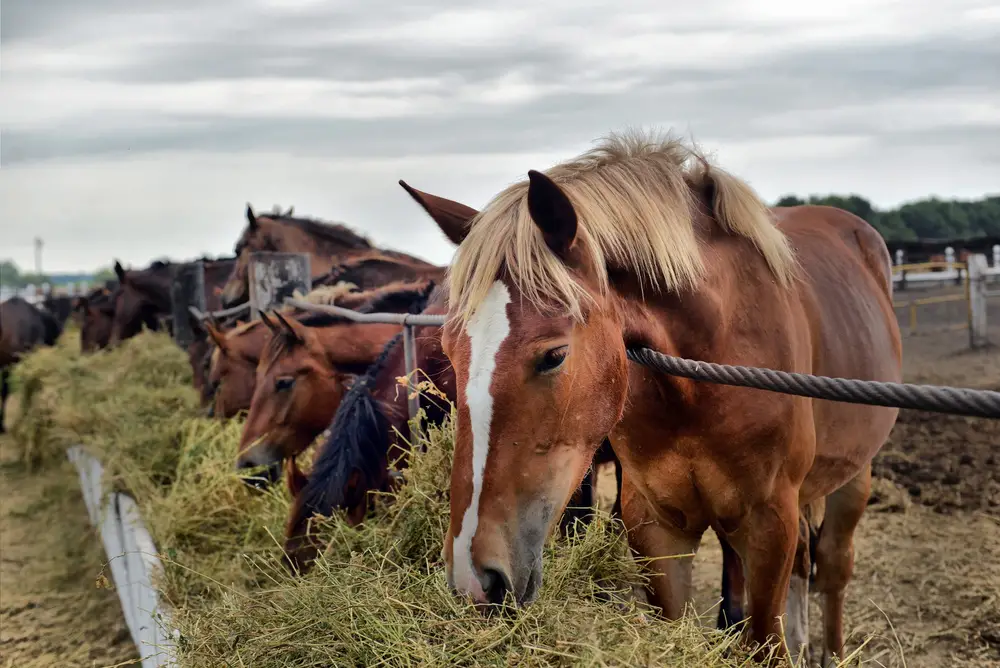
Horses possess an innate trust in the process of life. When faced with rejection or challenges, they don’t resist the flow; they move with it. This trust allows them to remain calm and centered, regardless of the circumstances.
In human experiences, trusting the process means accepting that rejection is a part of life’s ebb and flow. It’s about having faith that each setback is steering you toward where you need to be. By embracing this mindset, you can navigate rejection with a sense of peace and understanding. Trust that the universe has a plan, even if it’s not immediately clear.
11. Bees: Collective Focus
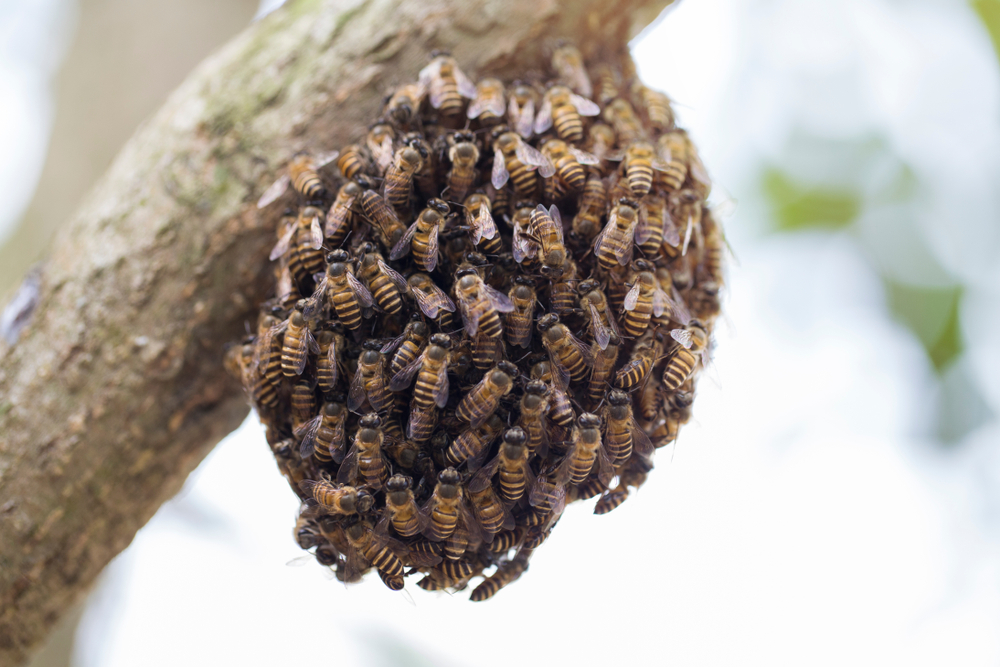
Bees operate with a collective mindset, focusing on the hive’s well-being rather than individual setbacks. When a bee faces rejection or failure, it doesn’t dwell on it; instead, it returns to the hive and contributes to the larger goal. This collective focus allows bees to overcome challenges and achieve remarkable feats.
For humans, adopting a bee’s collective focus means aligning personal goals with a larger purpose. It’s about channeling energy into something meaningful, rather than fixating on personal rejection. By contributing to a greater cause, you can find fulfillment and resilience, even in the face of setbacks.
12. Lions: Confidence In Their Roar
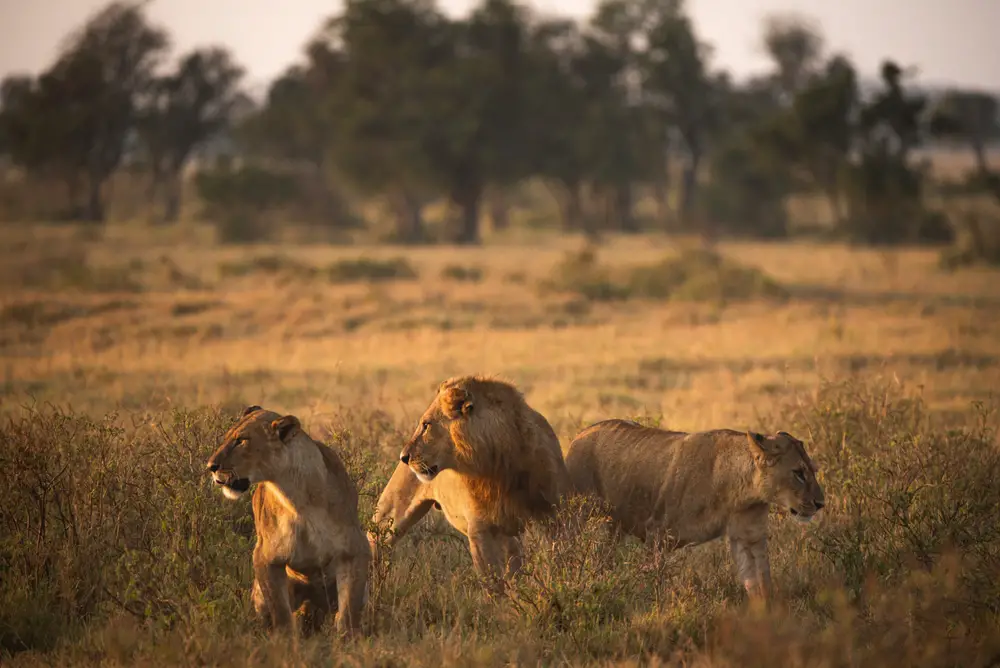
Lions are known for their regal presence and confidence. When faced with rejection, they don’t question their worth; they continue to roar with authority. This self-assuredness allows lions to maintain their position as kings of the jungle, undeterred by setbacks.
For humans, channeling a lion’s confidence means believing in your own power and potential, irrespective of others’ opinions. Rejection is not a reflection of your value; it’s merely a part of life’s landscape. By embracing your inner lion, you can navigate rejection with dignity and strength, knowing that your roar is as powerful as you make it.
13. Penguins: Partnering For The Long Haul
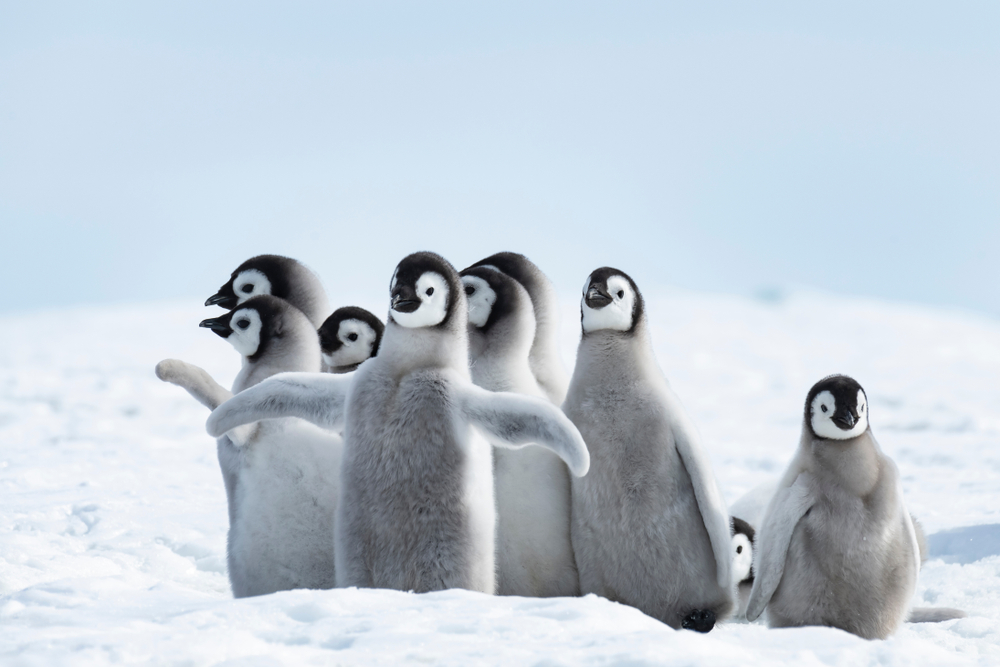
Penguins are known for their long-lasting partnerships and commitment to their mates. When faced with rejection or challenges, they don’t give up; they work together to overcome obstacles. This partnership mentality reinforces the importance of collaboration and perseverance.
In human relationships, adopting a penguin’s approach means valuing connection and teamwork, even when things get tough. It’s about committing to the journey, regardless of the bumps along the way. By fostering strong partnerships, you can weather the storms of rejection and emerge stronger together. Remember, true partnership is about sticking it out, no matter the odds.
